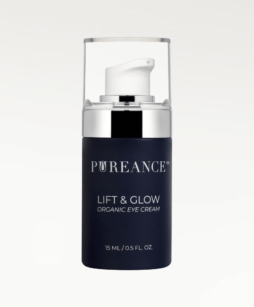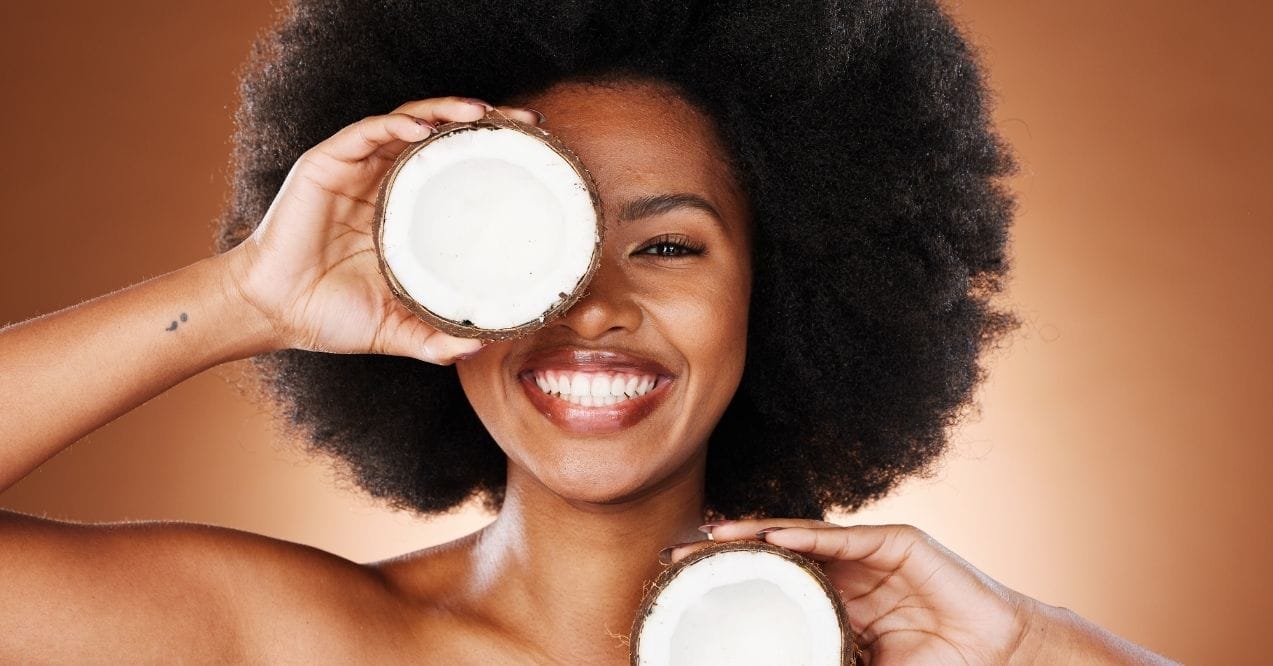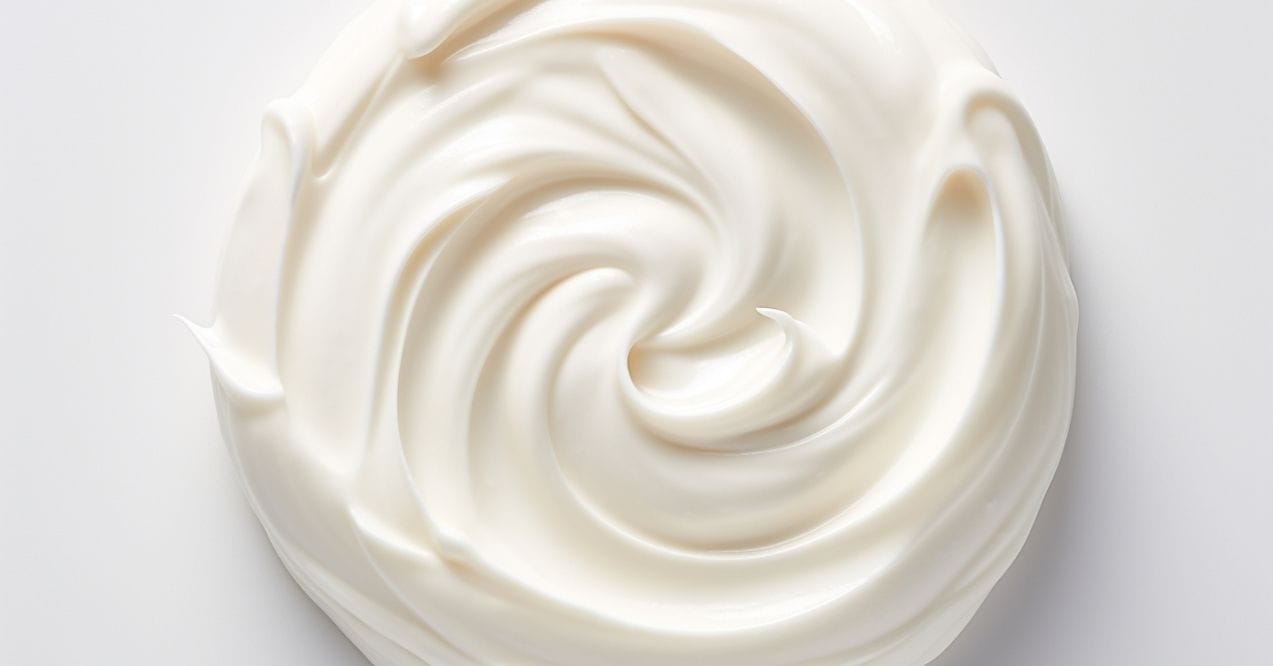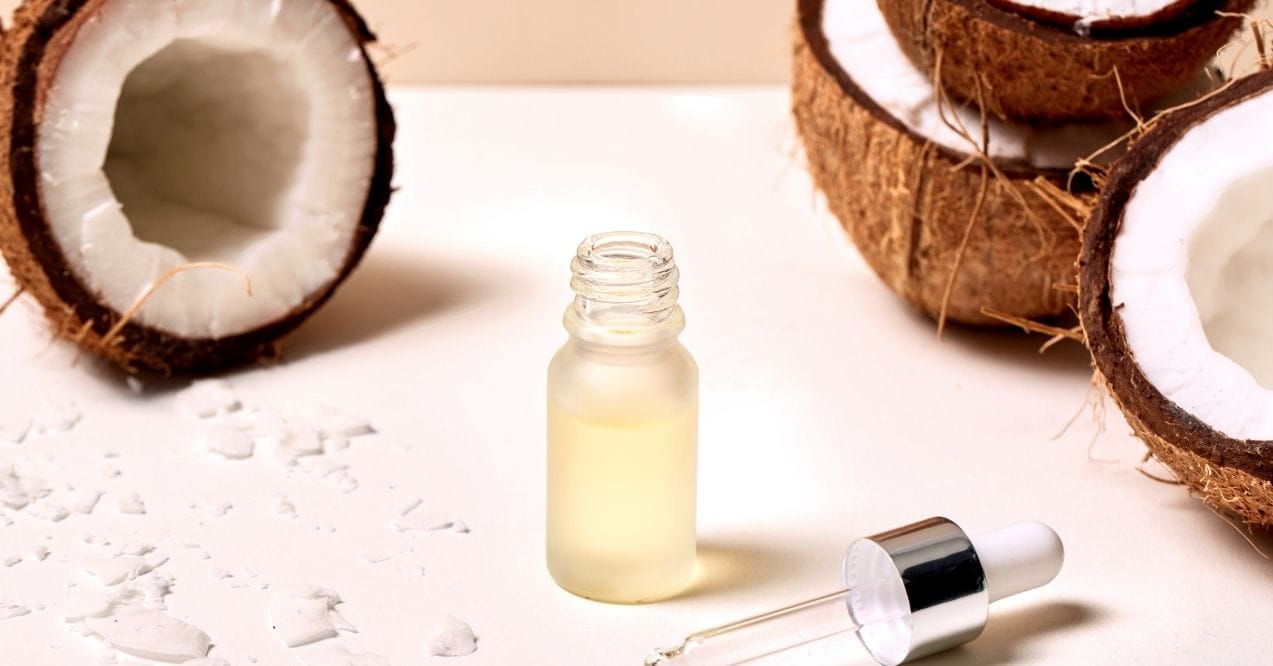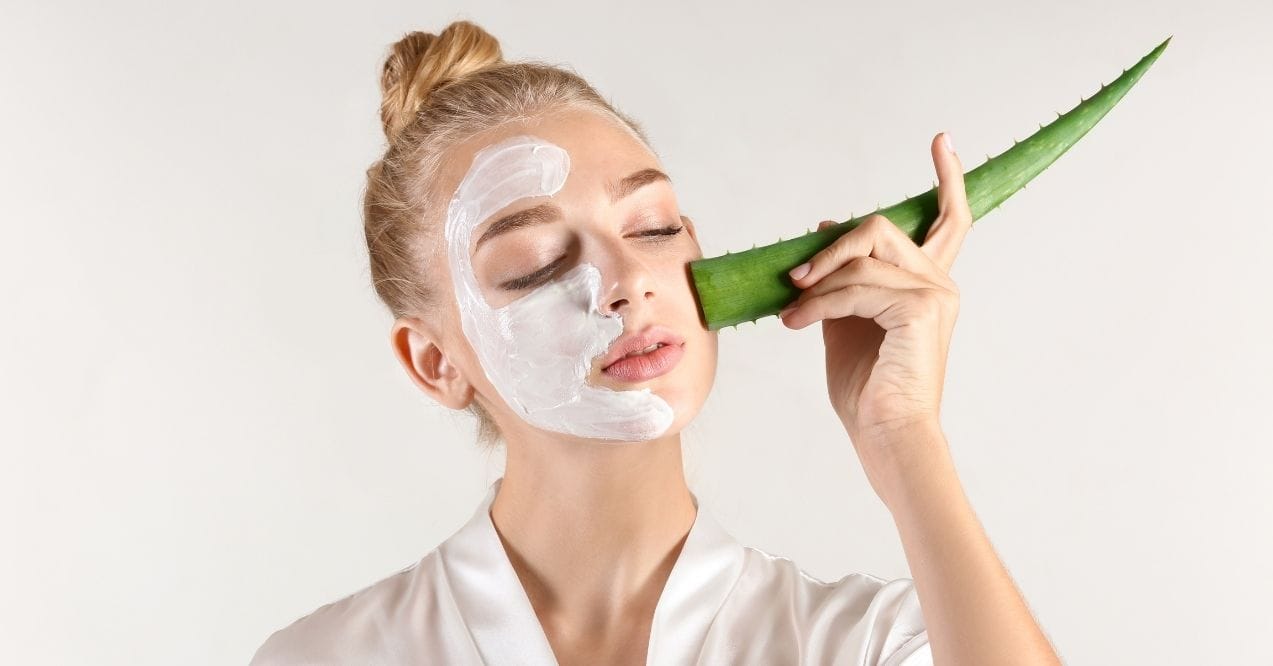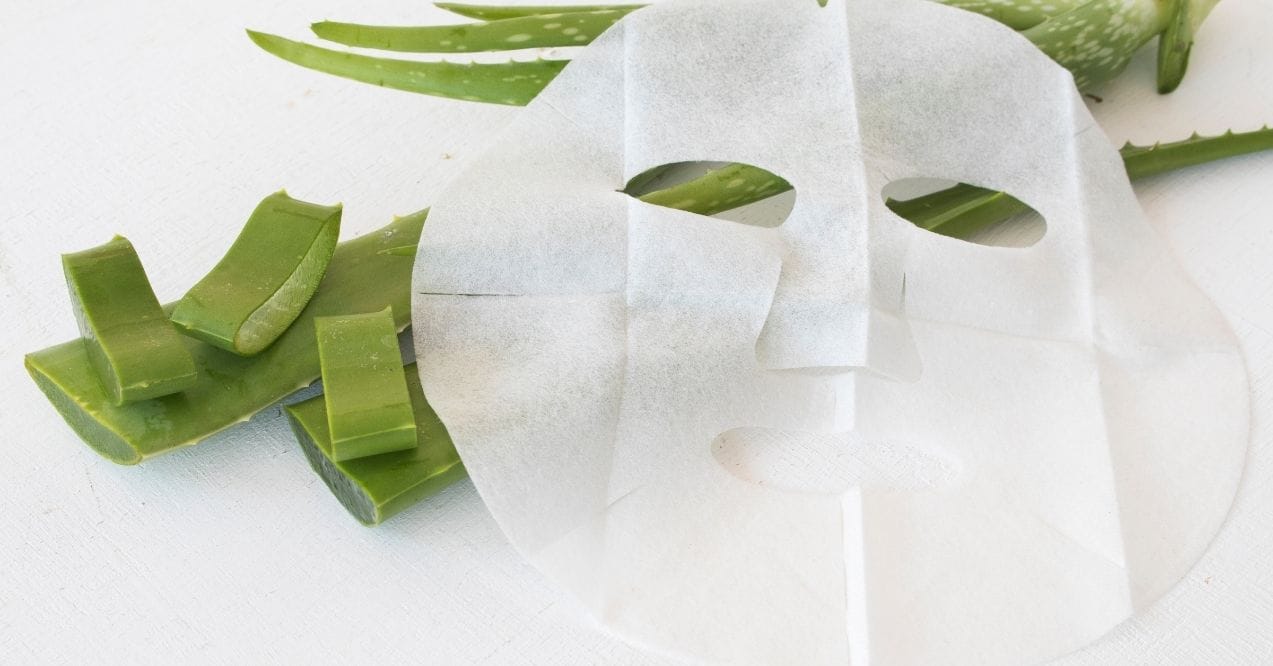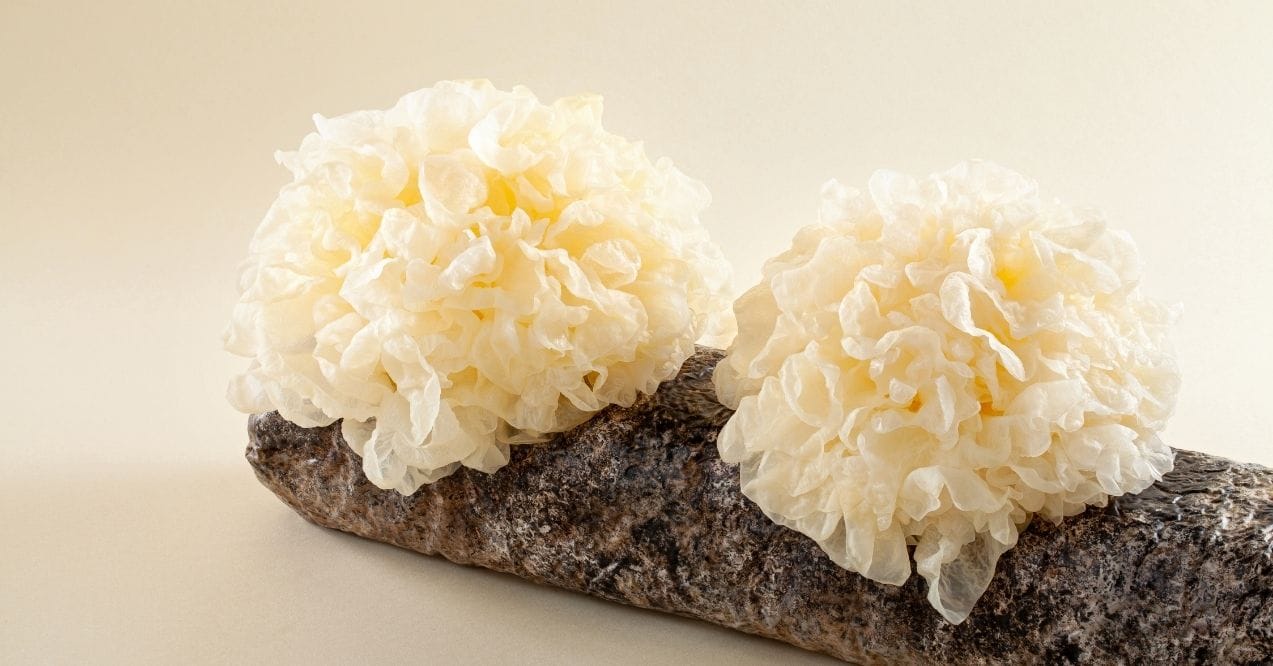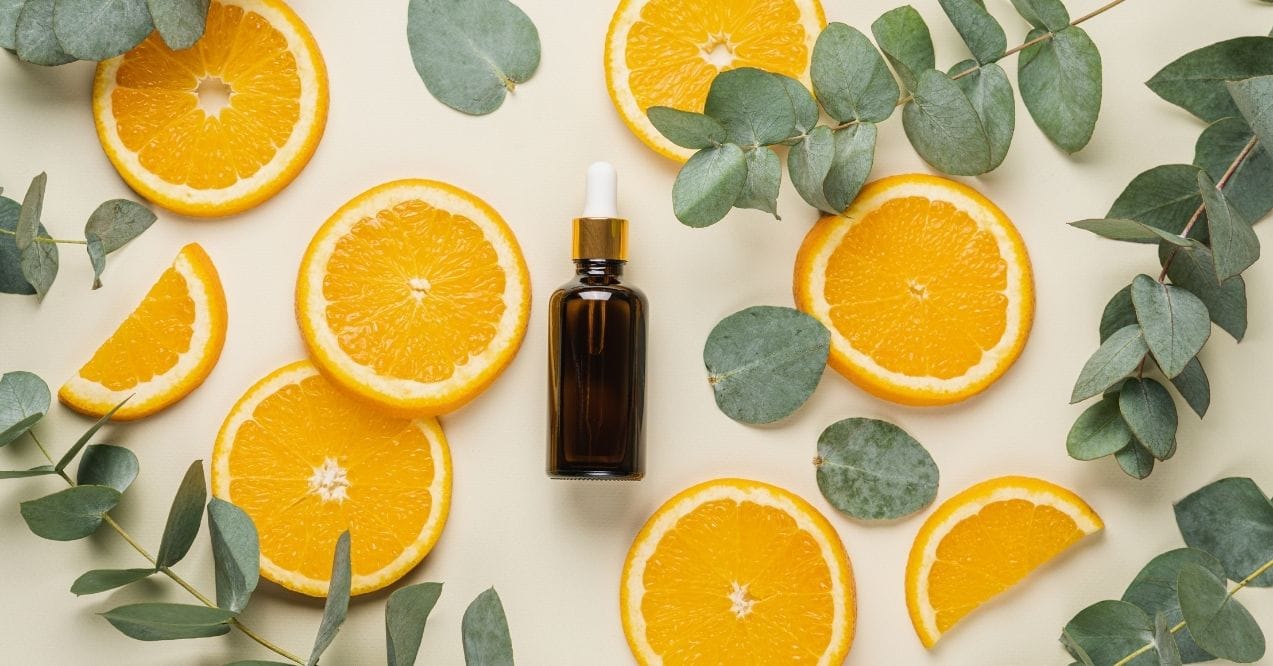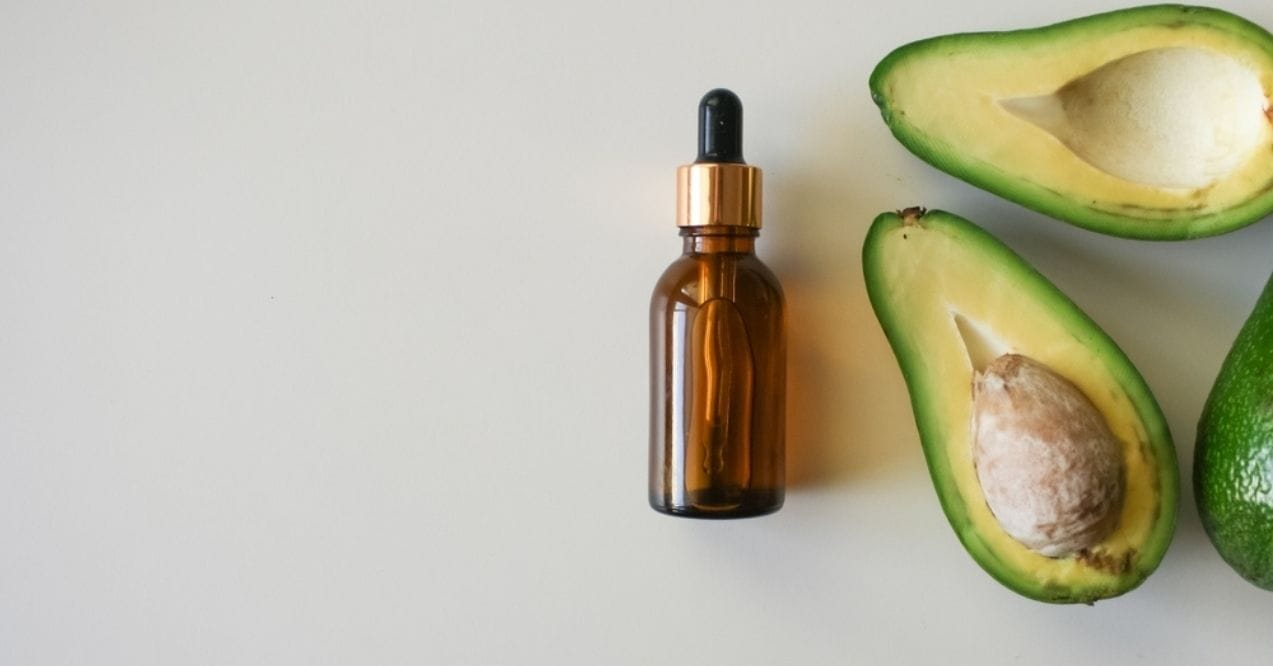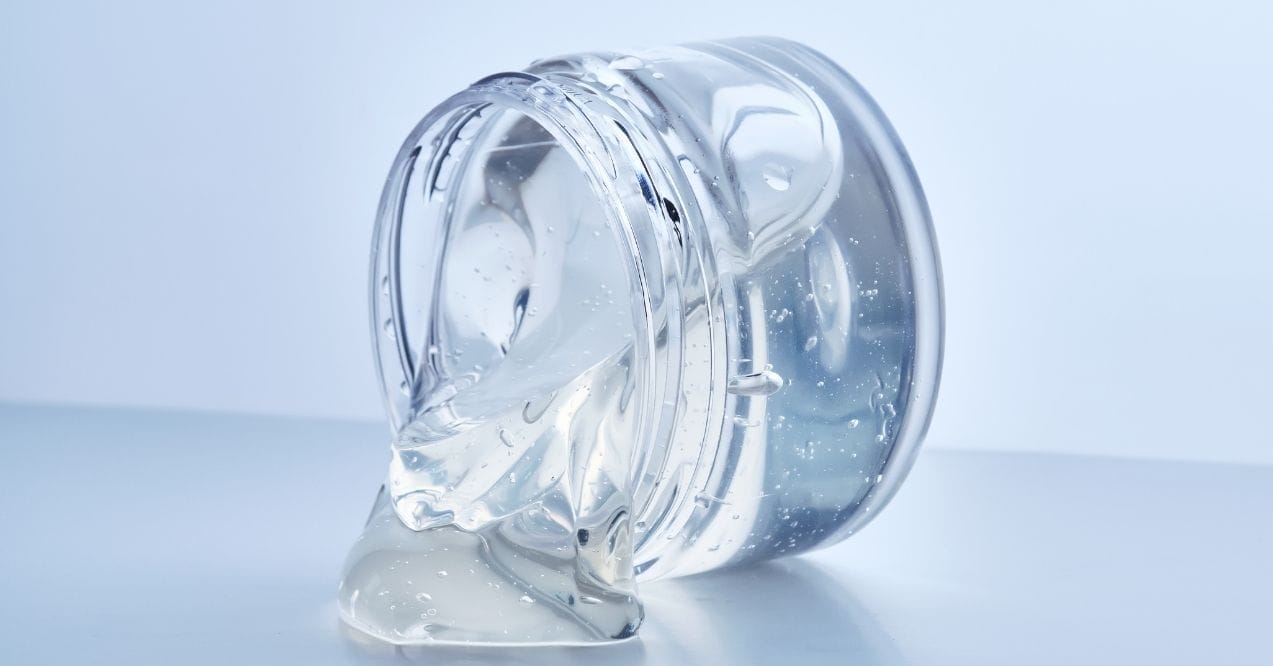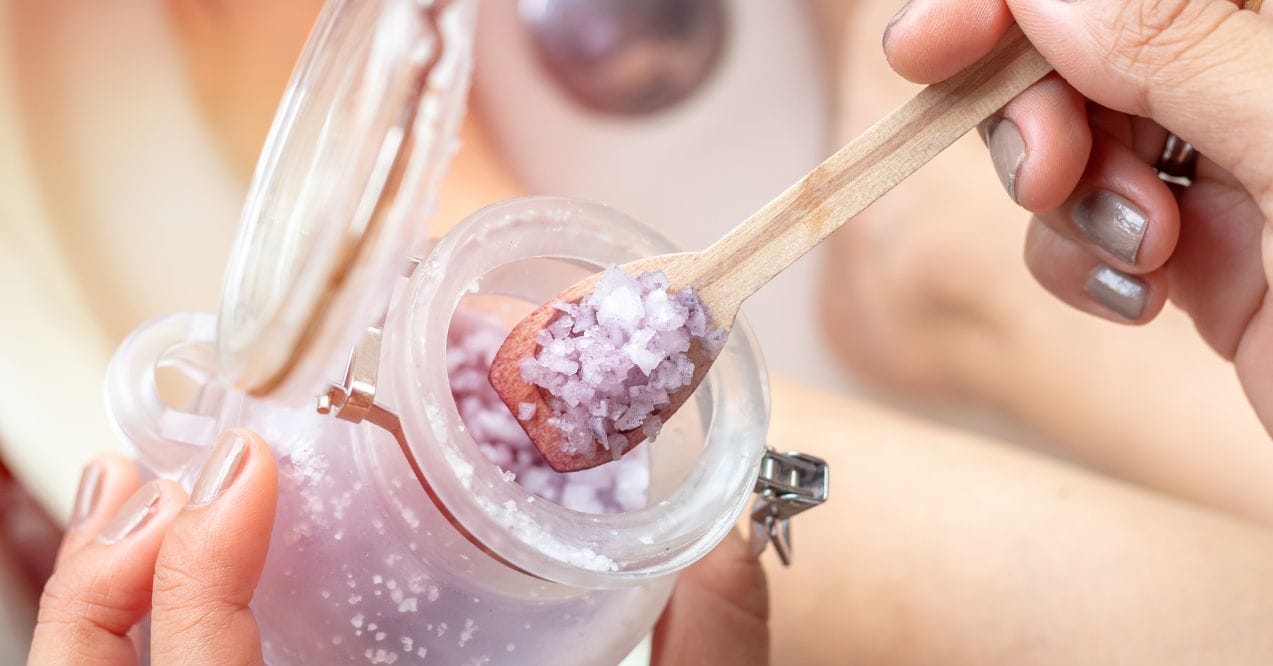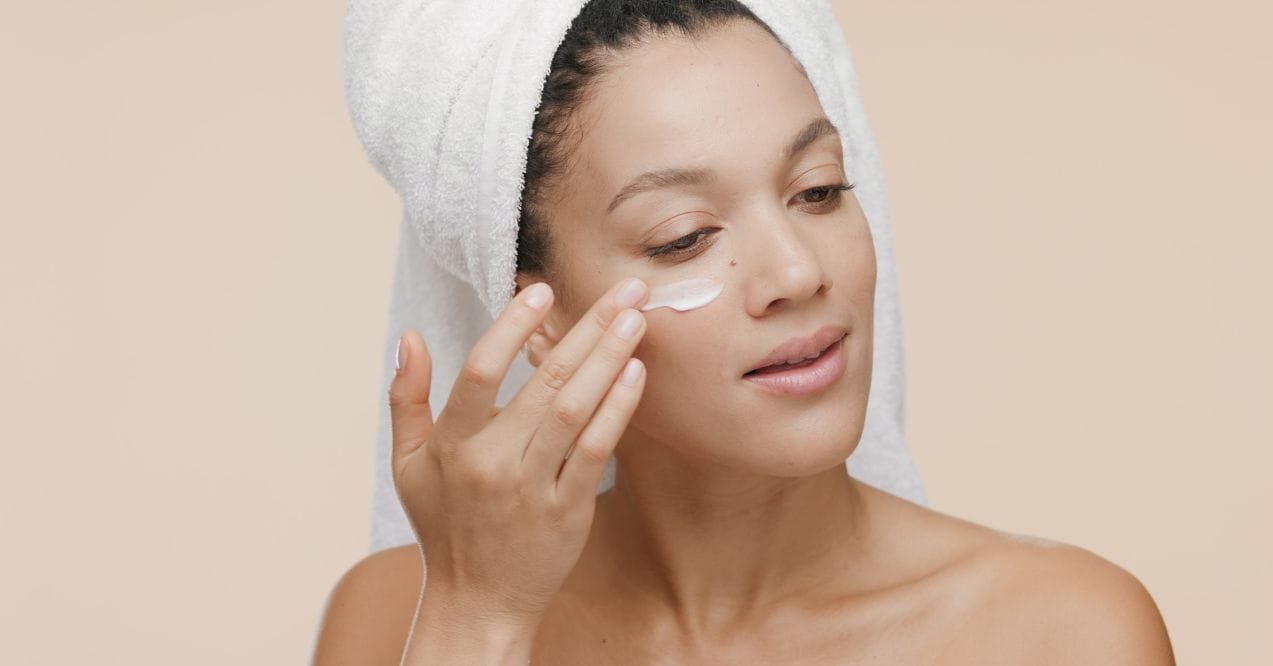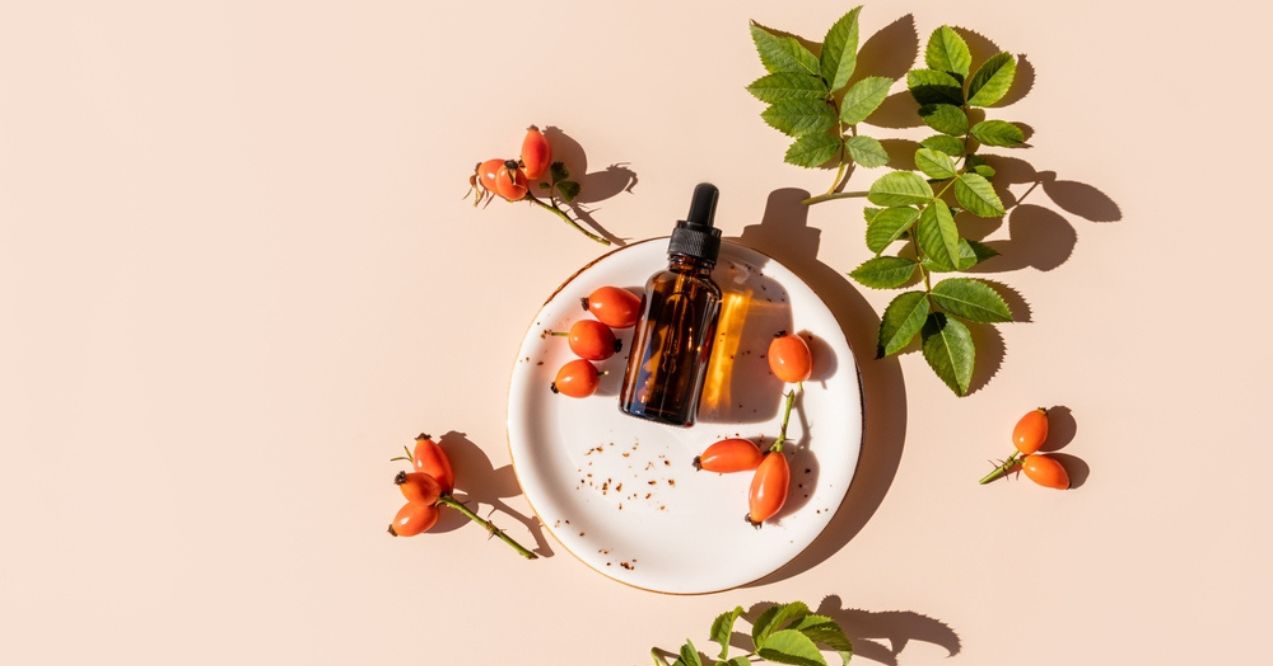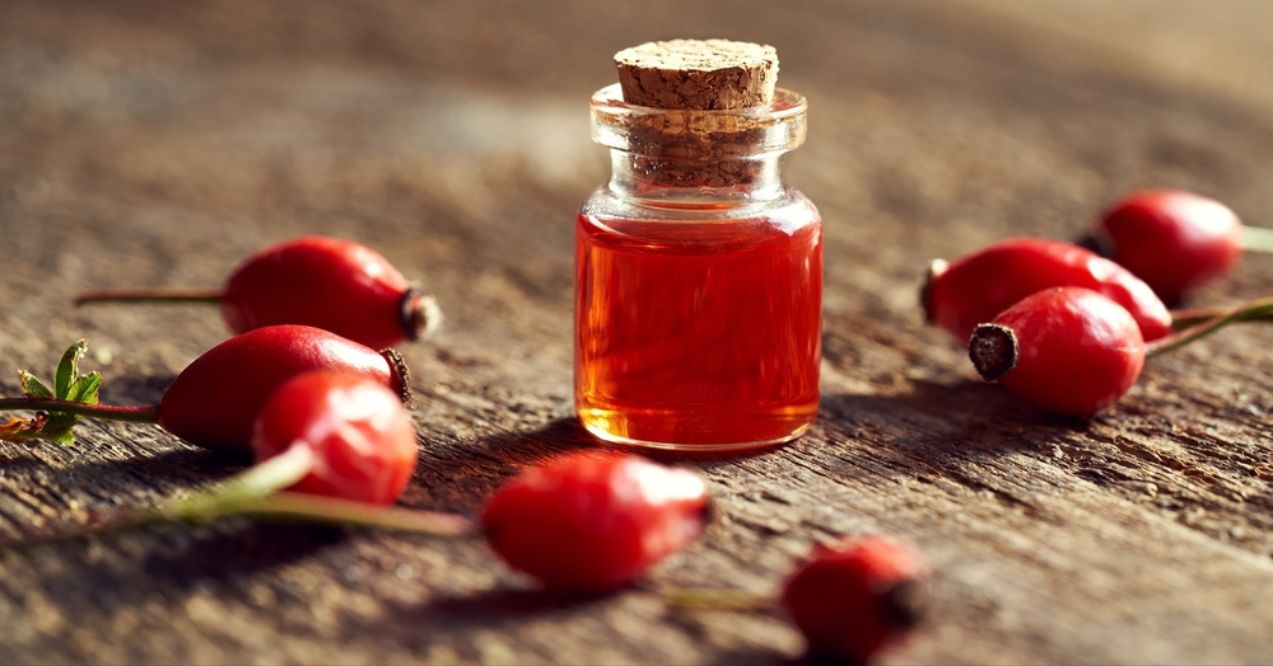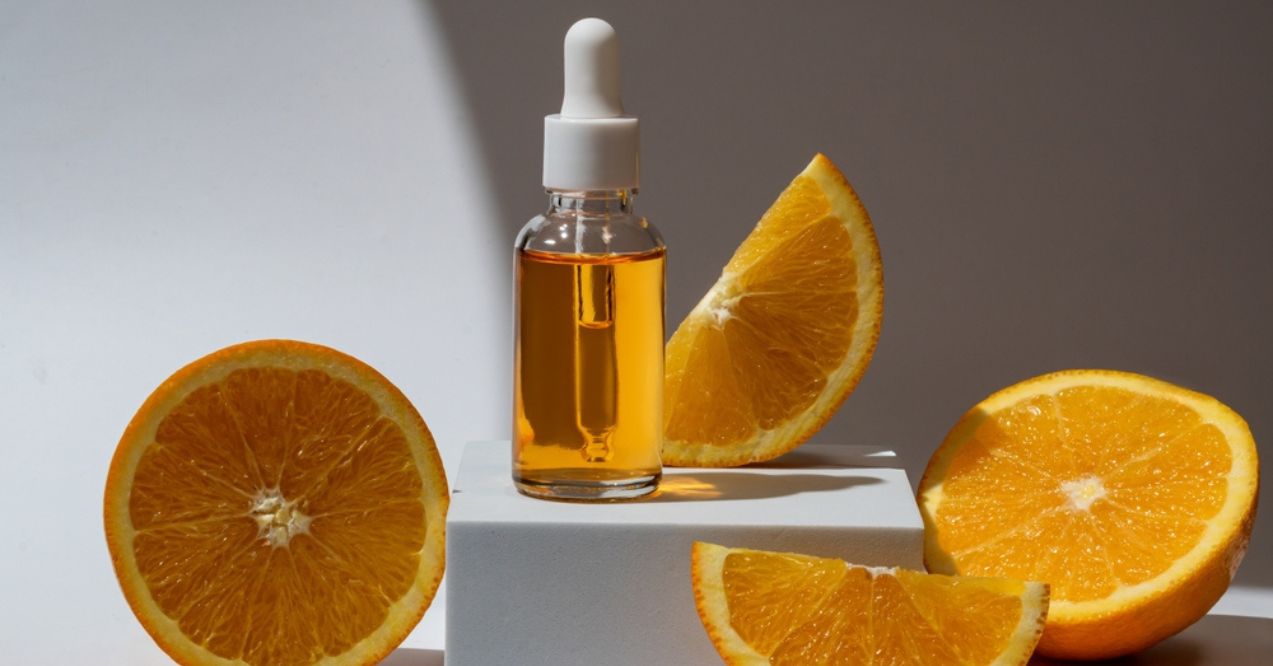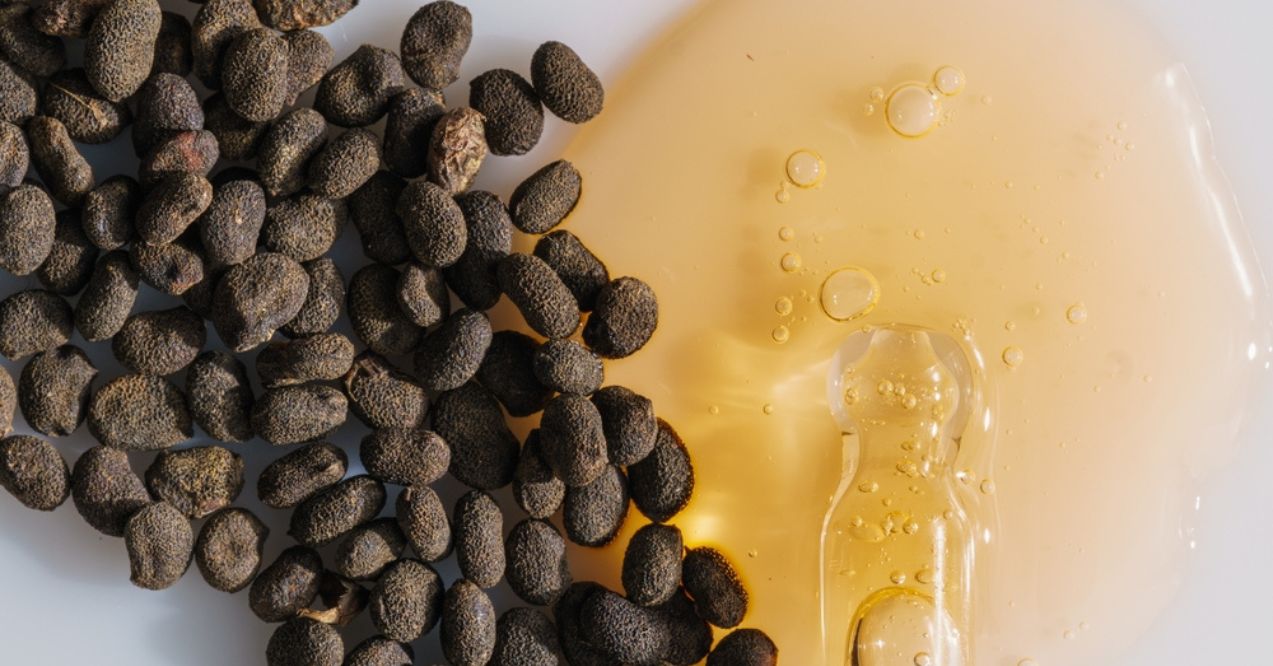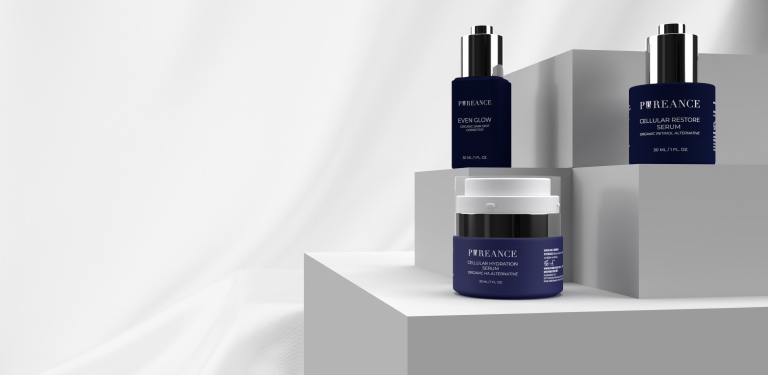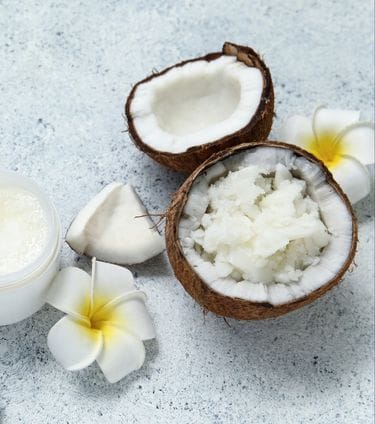
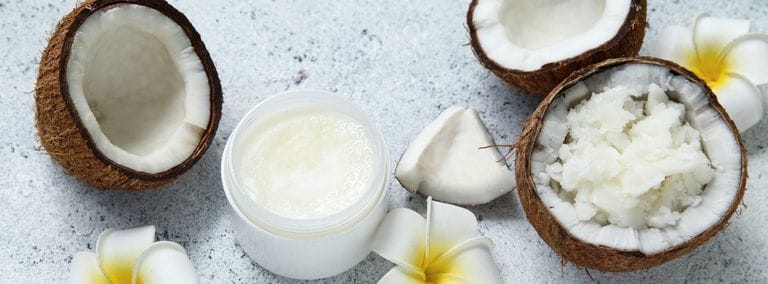

9 Real Coconut Oil Skin Benefits to Love
You’ve probably got a jar of coconut oil sitting in your kitchen right now. But have you considered bringing it into your bathroom? This tropical treasure has become a skincare sensation, and for good reason. Whether you’re dealing with dry patches that won’t quit or fine lines that seem to multiply overnight, coconut oil might just be the natural solution your skin’s been craving.
For those of us navigating the changes that come with mature skin, finding products that actually work without breaking the bank feels like striking gold. That’s where coconut oil shines. We’re diving into nine real coconut oil skin benefits that can transform your skincare routine – backed by science, not hype.
Key Article Findings
- Coconut oil works as a powerhouse moisturizer for dry, mature skin thanks to its fatty acid content.
- Its antioxidant properties may help protect against environmental damage and signs of aging.
- Natural antibacterial qualities can benefit certain skin conditions (but know when to skip it).
- Application technique matters just as much as the oil itself for getting real results.
1. Hydrates and Moisturizes Skin
Let’s talk about why coconut oil feels like a drink of water for thirsty skin. The secret lies in its fatty acids, particularly lauric acid, which makes up nearly half of coconut oil’s composition. These fatty acids don’t just sit on top of your skin – they actually penetrate deeply to deliver moisture where it’s needed most.
For mature skin that tends to lose moisture faster than it used to, this deep hydration is a game-changer. Apply a thin layer to slightly damp skin after your shower, focusing on areas that get extra dry like elbows, knees, and that spot on your shin that always seems parched. The key is using just enough to absorb without leaving a greasy film – think pea-sized amount for your entire face or a teaspoon for both arms.
If you’re dealing with severe dryness or flaking, try the “sandwich method”: apply coconut oil first, layer your regular moisturizer on top, then seal it all in with another light coating of oil. This technique locks in maximum hydration overnight.
2. Boosts Skin’s Natural Glow
Want that lit-from-within glow without looking like you bathed in highlighter? Coconut oil’s ability to work with your skin’s natural oils creates a subtle radiance that expensive serums try to replicate. It forms a protective layer that reflects light beautifully while keeping moisture sealed in.
The trick for mature skin is all about application. Mix two drops of melted coconut oil with your foundation for an instant luminosity boost. Or, for a nighttime glow treatment, warm a small amount between your palms and press (don’t rub) it onto your cheekbones, bridge of your nose, and cupid’s bow. This technique gives you that healthy sheen without emphasizing texture or pores.
For days when your skin looks particularly dull – maybe after a long flight or during winter months – create a quick radiance mask by mixing equal parts coconut oil and raw honey. Leave it on for 15 minutes before rinsing with warm water. Your skin will look refreshed and glowing, not greasy.
3. Acts as an Antioxidant for Skin Protection
Here’s where coconut oil really earns its place in your anti-aging arsenal. The antioxidants in coconut oil, including vitamin E and polyphenols, work like tiny shields against free radicals from pollution, UV rays, and other environmental stressors. These free radicals are basically troublemakers that speed up skin aging, causing wrinkles and dark spots.
Think of antioxidants as your skin’s security team, neutralizing these damaging molecules before they can cause havoc. While coconut oil alone isn’t enough sun protection, its antioxidant properties provide an extra layer of defense when used alongside your regular SPF.
For maximum antioxidant benefits, apply coconut oil to clean skin in the morning before your sunscreen. Use upward strokes and give it a minute to absorb. This creates a protective base that may help your skin better handle daily environmental stress while keeping it moisturized throughout the day.
4. Reduces Inflammation and Soothes Irritated Skin
If your skin throws tantrums – getting red, irritated, or angry at the slightest provocation – coconut oil’s anti-inflammatory properties might be your new best friend. Those same fatty acids that moisturize also calm inflammation, making this oil particularly helpful for sensitive mature skin that reacts to everything.
Start small if you’re dealing with redness or irritation. Test a tiny amount on your inner wrist first, then try it on one small area of your face. For rosacea-prone skin, mix one part coconut oil with two parts aloe vera gel for a cooling, calming treatment. Apply this mixture to clean skin before bed, focusing on areas that tend to get inflamed.
The beauty of coconut oil for mature, reactive skin? It’s gentle enough for daily use yet effective enough to see results. Many women find that regular use helps their skin become less reactive over time, though everyone’s experience varies.
5. Fights Acne with Antibacterial Properties
Now here’s where things get interesting – and a bit controversial. Coconut oil contains lauric and capric acids, which have natural antibacterial powers that can potentially help fight acne-causing bacteria. But (and it’s a big but) coconut oil can also clog pores for some people, especially on the face.
So what’s a girl to do? If you’re dealing with occasional breakouts on your body – think back acne or chest bumps – coconut oil might help. Apply it sparingly to clean skin, focusing on problem areas. For facial acne, proceed with extreme caution. Some women with dry, mature skin find it helpful for the odd hormonal breakout, while others find it makes things worse.
The smart approach:
- Use it on body acne first to see how your skin responds
- If trying on face, start with once a week at night
- Mix with tea tree oil (1 drop per teaspoon) for extra bacteria-fighting power
- Skip it entirely if you have oily or acne-prone facial skin
6. Helps Heal Wounds and Prevent Scarring
Here’s one of the most practical coconut oil benefits to skin – it may speed up healing and reduce scarring. The oil potentially promotes collagen production and increases skin cell turnover, which means those little cuts, scrapes, or even picked-at blemishes might heal faster and with less marking.
For mature skin that heals more slowly than it used to, this benefit is particularly valuable. After cleaning any small wound, apply a thin layer of coconut oil and cover with a bandage if needed. Reapply 2-3 times daily until healed. For existing scars that are fully healed, massage coconut oil into the area using circular motions for 5 minutes each night.
Important note: this works for minor wounds only. Deep cuts, surgical incisions, or anything that might need medical attention should be treated by a professional. Coconut oil is for the everyday battle scars, not the serious stuff.
7. Protects Skin Barrier and Locks in Moisture
Your skin barrier is like a security fence – it keeps the good stuff in (moisture) and the bad stuff out (irritants, pollution). As we age, this barrier naturally weakens, which is why mature skin often feels drier and more sensitive. Coconut oil acts like a reinforcement team, strengthening this barrier and helping it do its job better.
The advantages of coconut oil for skin barrier health are especially noticeable if you deal with eczema, persistent dry patches, or skin that feels tight after cleansing. Here’s the most effective way to use it: right after your shower while skin is still damp, apply coconut oil from neck to toes. This traps water in your skin cells, creating a moisture sandwich that lasts all day.
For extra barrier support during harsh weather, layer coconut oil under your regular body lotion. This double-duty approach gives mature skin the extra protection it needs without feeling heavy or greasy. You’ll notice less irritation from clothing, fewer dry patches, and skin that feels comfortable all day long.
8. Supports Collagen Production for Younger-Looking Skin
Let’s get real about collagen – that protein everyone’s obsessed with for good reason. It keeps skin firm, plump, and bouncy. After 30, we lose about 1% of our collagen yearly (thanks, nature). While coconut oil can’t magically reverse time, it may support your skin’s natural collagen production process.
Is coconut oil good for wrinkles? It potentially helps by providing the building blocks skin needs to maintain its structure. The vitamin E and healthy fats in coconut oil support skin elasticity and firmness. For best results, use it as part of a facial massage routine:
Warm a few drops between your fingers, then massage into skin using upward strokes for 3-5 minutes each night. Focus on areas where you notice sagging – jawline, neck, and around the eyes (use your ring finger here for gentle pressure). This technique may boost circulation while the oil nourishes skin, potentially supporting natural collagen maintenance.
9. Reduces the Appearance of Dark Spots and Hyperpigmentation
Those mystery spots that seem to appear overnight? Whether from sun damage, hormonal changes, or just the passage of time, hyperpigmentation is a common concern for mature skin. What are the skin benefits of coconut oil for these dark spots? Its vitamin E content and gentle exfoliating properties may help even out skin tone over time.
Mix coconut oil with a pinch of turmeric powder (yes, the spice) for a brightening treatment. Apply this golden paste to dark spots before bed, leaving it on for 20 minutes before gently wiping away. The combination may help fade discoloration gradually – expect to see subtle changes after 4-6 weeks of regular use.
For stubborn spots, consistency is everything. Apply plain coconut oil to problem areas twice daily, always following with sunscreen during the day to prevent further darkening.
Conclusion
There you have it – nine legitimate ways coconut oil can transform your skincare game. From deep hydration to potential anti-aging benefits, this kitchen staple proves that effective skincare doesn’t always come with a luxury price tag. The key is knowing how to use it properly for your specific skin concerns and being patient enough to see results.
Is coconut oil good for skin? For many women, especially those with dry or mature skin, the answer is a resounding yes. Start slowly, pay attention to how your skin responds, and adjust your routine accordingly. With the right approach, coconut oil for skin benefits can become a valuable part of your beauty arsenal – no fancy packaging required.
Yes, coconut oil can be healthy for most skin types, providing moisture, antioxidants, and potential anti-inflammatory benefits. However, those with acne-prone facial skin should use caution.
It depends on your skin type. Dry and mature skin often benefits, but oily or acne-prone skin may experience clogged pores. Always patch test first.
For body use, daily application is fine. On face, start with 2-3 times weekly and increase based on how your skin responds.
This site offers health, wellness, fitness and nutritional information and is designed for educational purposes only. You should not rely on this information as a substitute for, nor does it replace, professional medical advice, diagnosis, or treatment. If you have any concerns or questions about your health, you should always consult with a physician or other health-care professional. Do not disregard, avoid or delay obtaining medical or health related advice from your health-care professional because of something you may have read on this site. The use of any information provided on this site is solely at your own risk.
Nothing stated or posted on this site or available through any services are intended to be, and must not be taken to be, the practice of medical or counseling care. For purposes of this agreement, the practice of medicine and counseling includes, without limitation, psychiatry, psychology, psychotherapy, or providing health care treatment, instructions, diagnosis, prognosis or advice.
